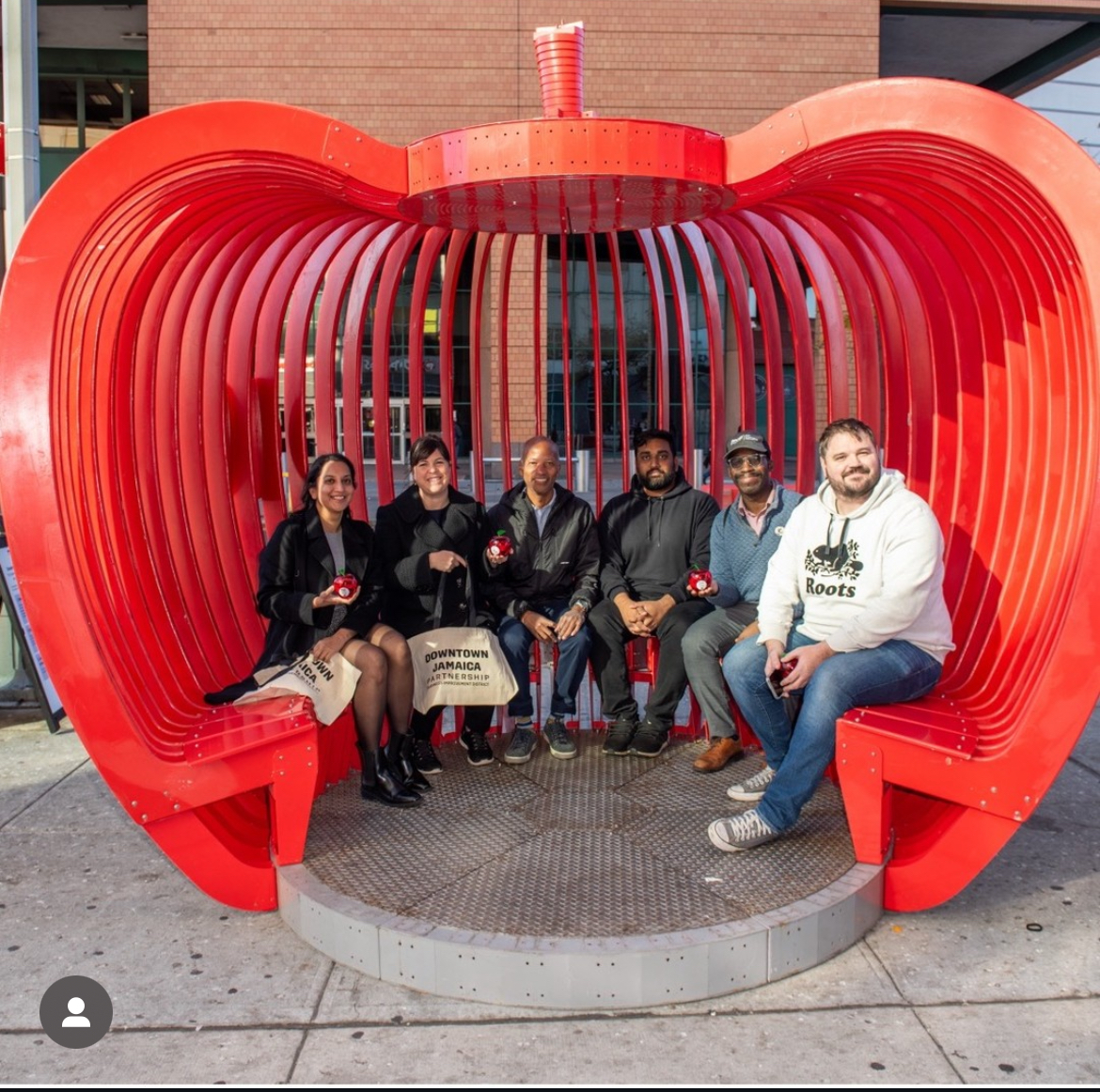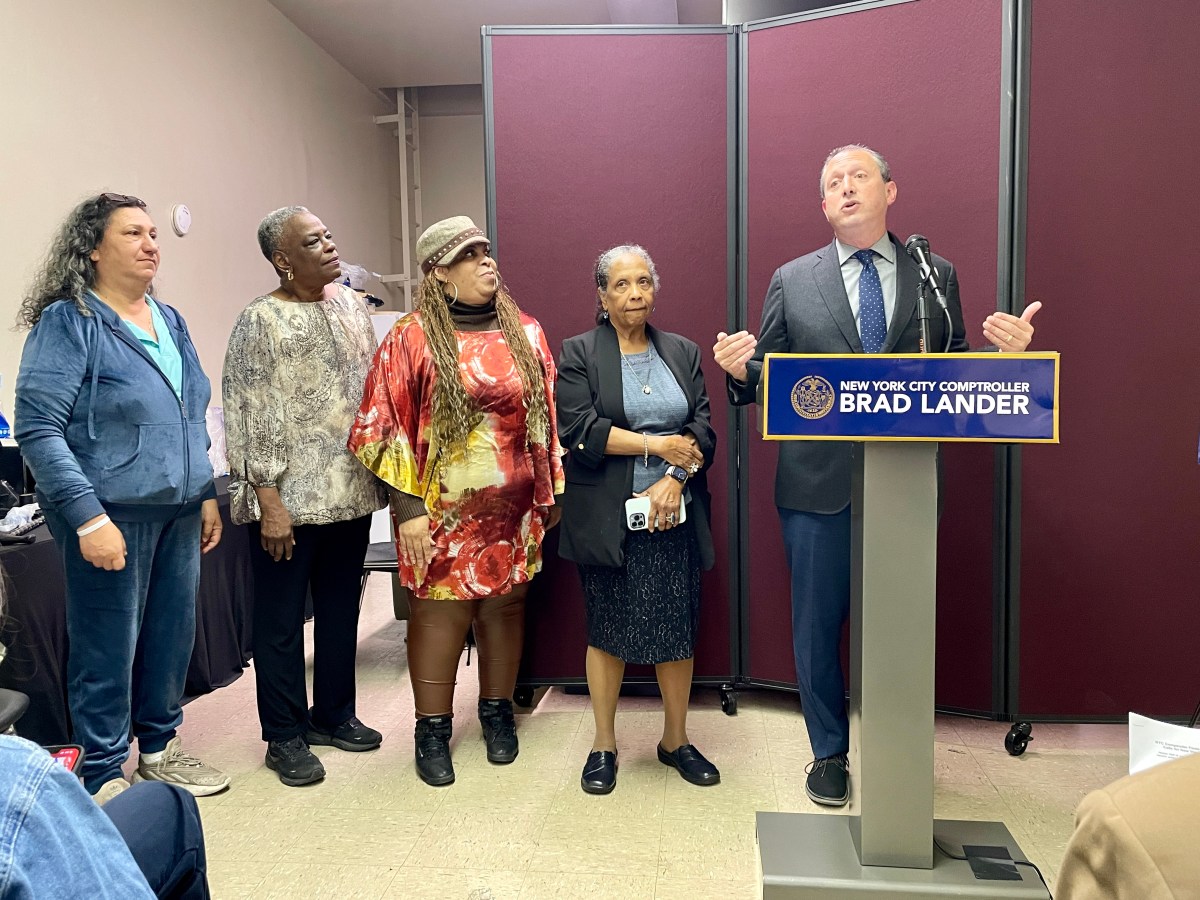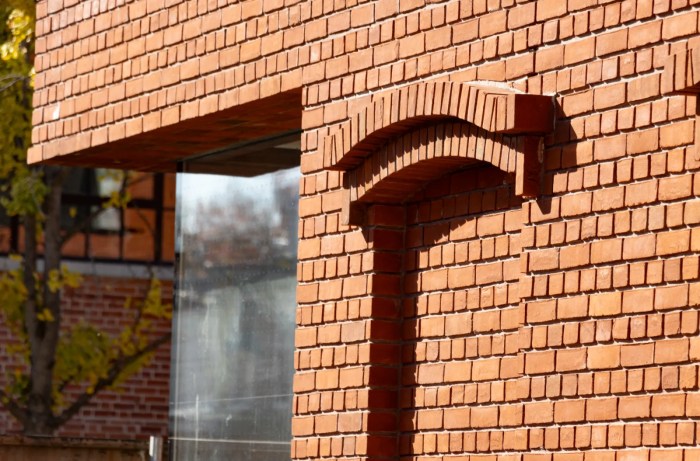Actor Alan Alda is best known as the anti-authoritarian Army surgeon Hawkeye Pierce on “M*A*S*H” and as an ambitious Republican senator on “The West Wing.”
But the 78-year-old actor’s passion for promoting scientific understanding led him to help start the Alan Alda Center for Communicating Science at Stony Brook University and The World Science Festival. A host of numerous science shows, he has also written one play based on the life of Marie Curie, and another on the letters of Albert Einstein, and ignited “The Flame Challenge,” to help scientists make clear concepts such as “time,” “color” and “flame” to 11-year-olds. Along the way, he’s vacuumed up scientific awards like Velcro attracts lint. (The Sagan Award, the Scientific American Lifetime Achievement Award and the National Science Board’s Public Service Award number among his honors.)
But there is one scientific mystery that the science buff, who maintains a home on the Upper West Side, has never been able to unravel.
“I’d really like a greater understanding of human behavior so we don’t keep killing ourselves – with weapons, with food, with air, with water and also with war,” Alda said. “You can’t win a war. As soon as you go to war, you’ve already lost, but (the impulse) seems to be deep within us.”
Yet, we can’t abandon problems because we find them tenacious and exasperating: “The fact that something occurs in nature doesn’t mean we’re stuck with it!” he reminded.
Alda’s play “Dear Albert,” based on the letters of Albert Einstein and starring Paul Rudd, Cynthia Nixon and Francesca Faridany, kicks off The World Science Festivaltomorrow night. His original plan was to write a play using the letters of Marie Curie, “but all her letters are in the Paris National Library and they’re still radioactive,” so he wrote a play about her life instead that had a 2011 run in Los Angeles.
Alda’s zeal for science is pure, heartfelt and insatiable, noted Brian Greene, Columbia professor of physics and mathematics and co-founder of the Festival. Alda picked Greene’s brain about physics when he starred as the physicist Richard Feynman in the play “QED” in 2001. “He flew me out to LA for the final performance and we went to dinner and he asked all these questions about physics. The show was over: But he still wanted to know! It was 2 a.m. and the restaurant people wanted to go home, but he’s still scribbling questions and I’m scribbling diagrams to explain quantum physics,” Greene recalled.
Alda doesn’t ponder why so many Americans are more interested in celebrities than science, even though science has far more implications for their health, their families and their planet. (“It’s always been like that.”) But he does scheme ways to conscript the arts into better communicating the beauty, wonder and elegance of science. “Last year (at the Festival) The New York Philharmonic played the score while the audience watched ‘2001: A Space Odyssey.’ Then we had a discussion: What does music do to enhance a film? That’s a brain issue — a neuroscience issue — and an artistic issue,” he explained. “We’re swimming in a sea of science! If we wake up to how interesting it is, we can control it better,” and improve our lives and planet, Alan said.
The seven-time Emmy winner admits no dichotomy between science, so full of “glorious detective stories,” and drama.
Then why don’t we see more scientists as prime time characters on TV and in the movies?
“There are writers interested in that,” said Alda, “but it’s a losing battle because so much goes to the stereotype of the mad scientist trying to take over the world,” — a trope at least as old as Mary Shelley’s “Frankenstein,” he noted. (Happily, “The Simpsons” sprinkles scientific references throughout its scripts, he noted.)
Making science come alive “lets me apply what I’m good at: All the things I learned as an actor make me a good listener,” and teaching science well, not unlike acting, relies on developing “a kind of empathy. To me, the most important thing to do is keep in mind what people are going through: How are they receiving (the information)? That’s way more important than what you say.”
This year, more than 27,000 children worldwide voted in Alda’s “Flame Challenge,” a three-year-old contest in which scientists compete to provide the best explanation of a scientific concept. (The contest is named after a childhood incident in which Alda asked a teacher, ‘What’s a flame?’ and she said, “oxidation,” which, he has previously recounted, is as useful as saying the flame is named “Fred.”)
The youngsters soon realized that they had to research the question themselves in order to cast a meaningful vote for the best explanation: “They’re tremendously enthused about this because they’re telling adult scientists, ‘Good try — but you could do a little better!'” Laughing with delight, the grandfather of eight added, “the bonus was finding out the kids loved learning this way.”
No less than the fate of the human race is at stake in engaging the scientific curiosity of children, Alda said: “How long are we going to last? The average species lasts about two million years. Do we have a chance of being average?”
There is no shame in being ignorant, continued Alda, but “if you’re ignorant without curiosity, you’re up a creek.”






























